Recently, a research team from Tianjin University, China, has successfully developed the Battery600 pouch cell battery model with an energy density exceeding 600Wh/kg and the Pack480 battery module with an energy density of 480Wh/kg.
This research marks a 2-3 times leap in both energy density and usage time compared to current lithium-ion batteries.
After years of research and collaboration, the team and partners have launched a completely new decentralized electrolyte design for high-energy lithium metal batteries.
Mr. Hu Wenbin, project leader and lecturer at the Department of Materials Science and Engineering, Tianjin University, said the decentralized electrolyte design creates a dissolution microenvironment that optimizes the overall performance of the electrolyte.
The new method effectively balances the solvent- and anion-dominated solvation structures, reduces kinetic barriers, and stabilizes the electrode-electrolyte interface—key factors for improving battery performance.
This innovation has led to the development of the Battery600 series of high-energy batteries and the Pack480 battery module, laying a solid foundation for the future application of lithium metal batteries. At the same time, this technology impresses with its excellent cycling stability and high safety level, confirming the great potential of high-energy battery technology.
The research team has now made significant progress in the commercialization and practical application of research results. Accordingly, a pilot production line for high-energy lithium metal batteries has been built.
This breakthrough technology has also been successfully applied to three small electric unmanned aerial vehicles (UAVs) in China.
As electric vehicles, consumer electronics and humanoid robots grow rapidly, the demand for high-energy, long-lasting rechargeable batteries is increasing.
Energy density is a core measure of battery performance, determining how much energy a battery can store relative to its weight or volume. Achieving high energy density within a limited battery size is a major engineering challenge.
Lithium metal batteries, which have a significantly higher theoretical energy density than traditional lithium-ion batteries, have long been considered the solution for the next generation of batteries thanks to their outstanding advantages./.
Source: https://www.vietnamplus.vn/buoc-nhanh-vot-cua-trung-quoc-trong-phat-trien-pin-kim-loai-lithium-post1055970.vnp



![[Photo] National Assembly Chairman Tran Thanh Man receives First Vice Chairman of the Federation Council of the Federal Assembly of the Russian Federation](/_next/image?url=https%3A%2F%2Fvphoto.vietnam.vn%2Fthumb%2F1200x675%2Fvietnam%2Fresource%2FIMAGE%2F2025%2F12%2F02%2F1764648408509_ndo_br_bnd-8452-jpg.webp&w=3840&q=75)




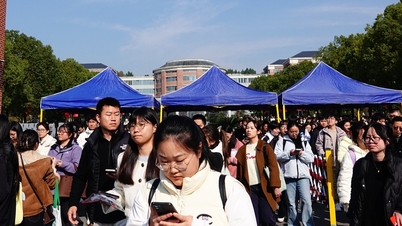

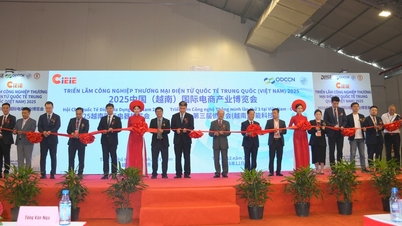

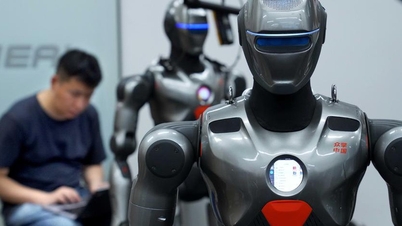






















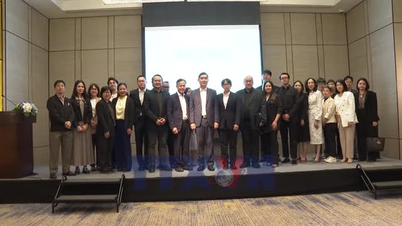
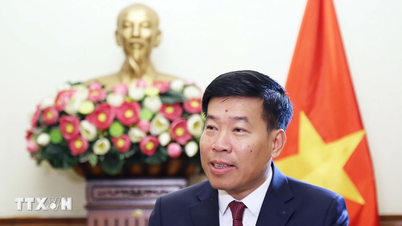





































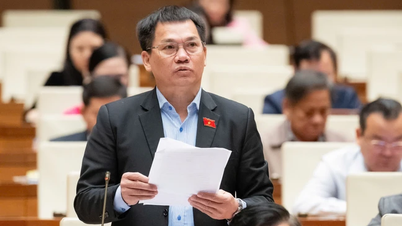



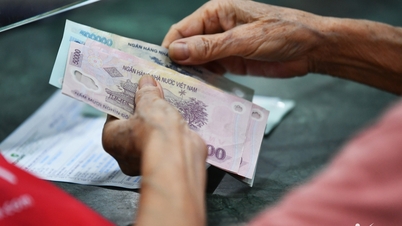
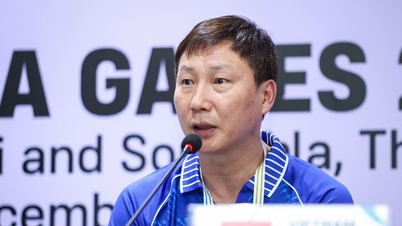
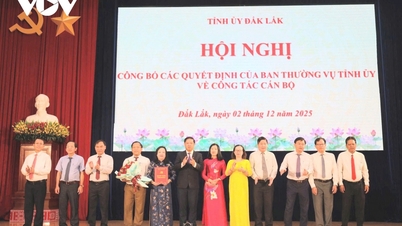



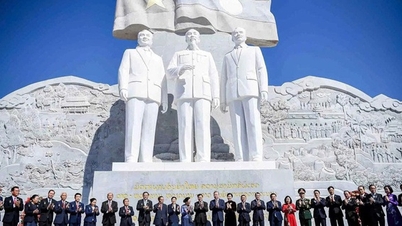

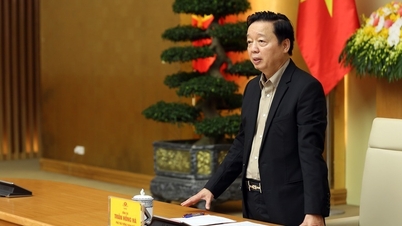
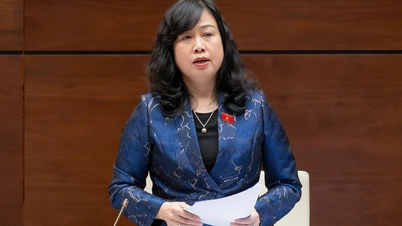







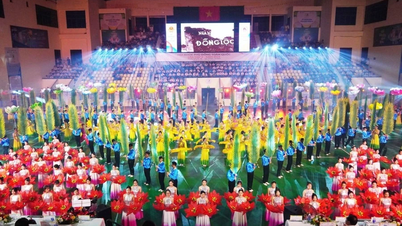

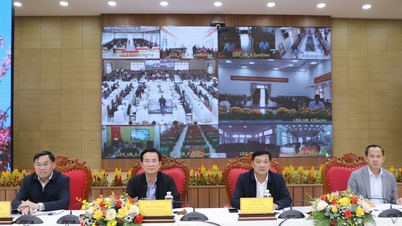













Comment (0)